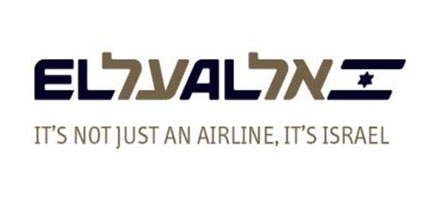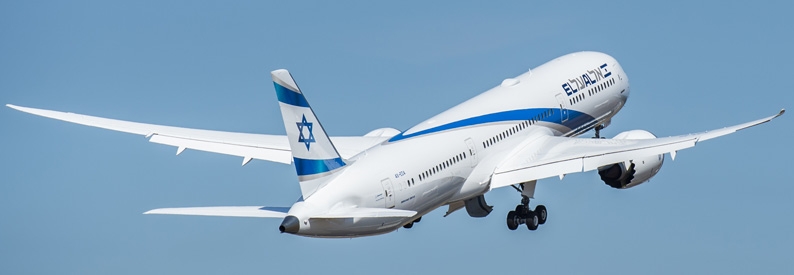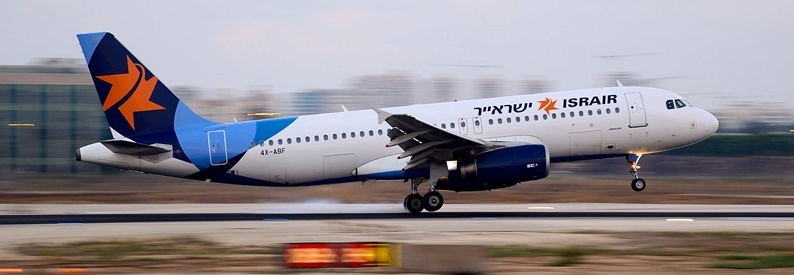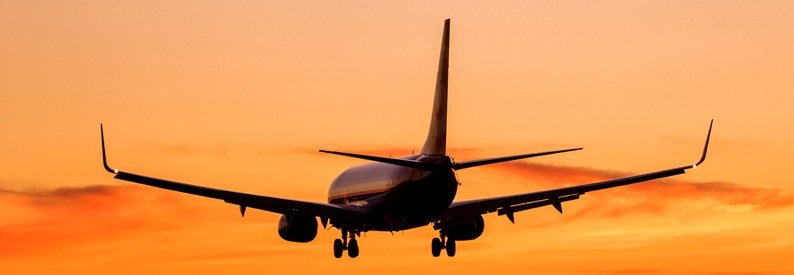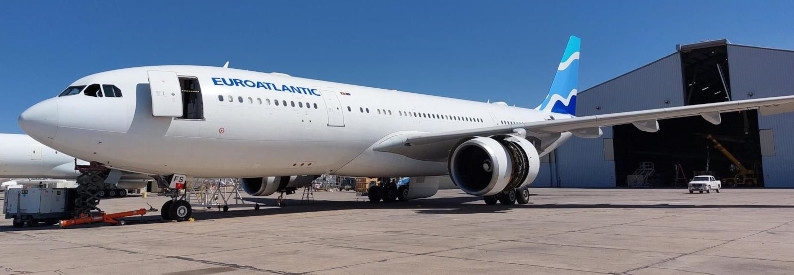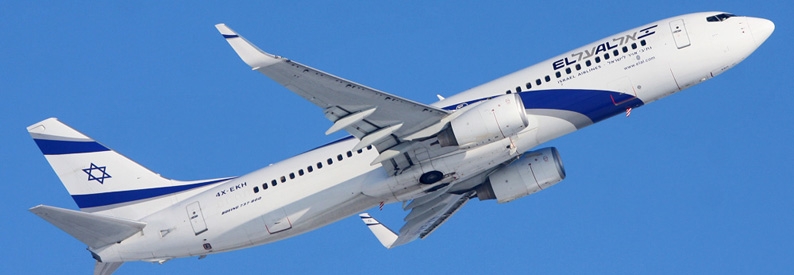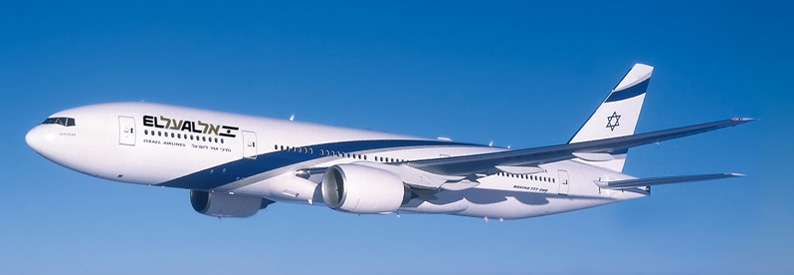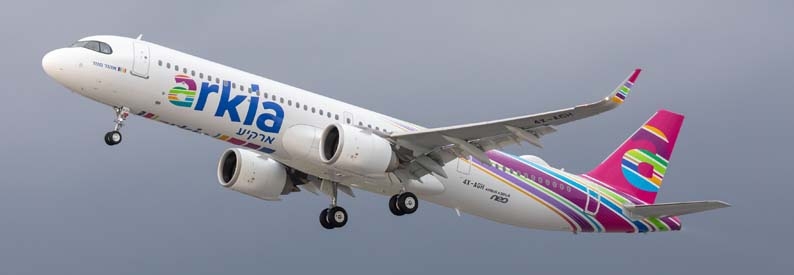The Israeli government has suggested providing assistance to El Al Israel Airlines (LY, Tel Aviv Ben Gurion) in light of the coronavirus pandemic but has said it is not interested in nationalising the carrier.
In a Knesset economic affairs committee meeting on June 10, a special session discussed the future of Israeli airlines in light of the grounding of most flights due to the coronavirus pandemic.
A finance ministry representative said El Al needs USD400 million to keep going and has been offered a state-guaranteed loan of USD250 million. In addition, the Israeli state has offered an investment of USD150 million in stock issuance. This would be raised in an offering on the Tel Aviv Stock Exchange with the state committing to buy any shares not purchased by the public.
The Borovitz family, which has a controlling stake in the airline, is not expected to participate in the offering, and their equity will be diluted, Israel’s Globes reported.
El Al said in a notice to the Tel Aviv Stock Exchange that "any of the aforementioned shares bought by the state would be deposited with a trustee whose role and powers would be set by the state until the date of the offering, and a date would be set for the trustee to sell the shares and the way the sale will be executed." El Al, the cabinet, and Knesset finance committee would have to agree to such an arrangement.
Speaking at the Knesset meeting on June 10, finance ministry representative Eli Morgenstern said the state would pledge to buy what the public would not, and could acquire up to 60% of El Al’s shares. "I don't think that there is anyone who believes that the state should own an airline company, so the idea of nationalisation is not at issue. The shares will be transferred to the trustee, for a period of three to five years at the end of which he will sell them. After the injection, it will be easier for the company to get a loan on the remaining USD250 million,” he said.
Also during the meeting, another finance ministry representative, Amit Vassal, said the outline of the state-guaranteed loan did not befit El Al, so discussions were held to find another solution for it. "What was offered to the company was not nationalisation, but a safety net by raising capital on the stock exchange," he said.
El Al's chief executive officer Gonen Usishkin told the committee that El Al was managing well before the coronavirus pandemic, and contributes USD700 million a year to Israel’s gross domestic product. However, 90% of the company’s workforce, amounting to 5,800 employees, has been furloughed at least until the end of July due to the coronavirus pandemic. Usishkin said El Al has been negotiating with the state for four months but it has not declared support beyond state-guaranteed bank loans. He added that "all other aviation companies in the world rely on political support, without which it would not be possible to overcome the crisis."
Committee chair Yakov Margi said Israel’s aviation industry has experienced a drop in activity of over 99% in April compared to April last year, and advocated assistance for the sector, such as additional ways of assistance such as raising capital, loans under preferential terms alongside owner's capital, streamlining, and savings.
“The committee will continue to monitor developments in the industry during the crisis…and calls for granting incentives to Israeli companies as given to foreign companies,” he said. “The committee completely rejects any discourse on nationalizing EL Al or any other company."
El Al has not operated any commercial scheduled passenger services since March, only flying repatriation and cargo flights.
- Type
- Base
- Aircraft
- Destinations
- Routes
- Daily Flights
